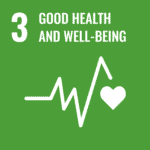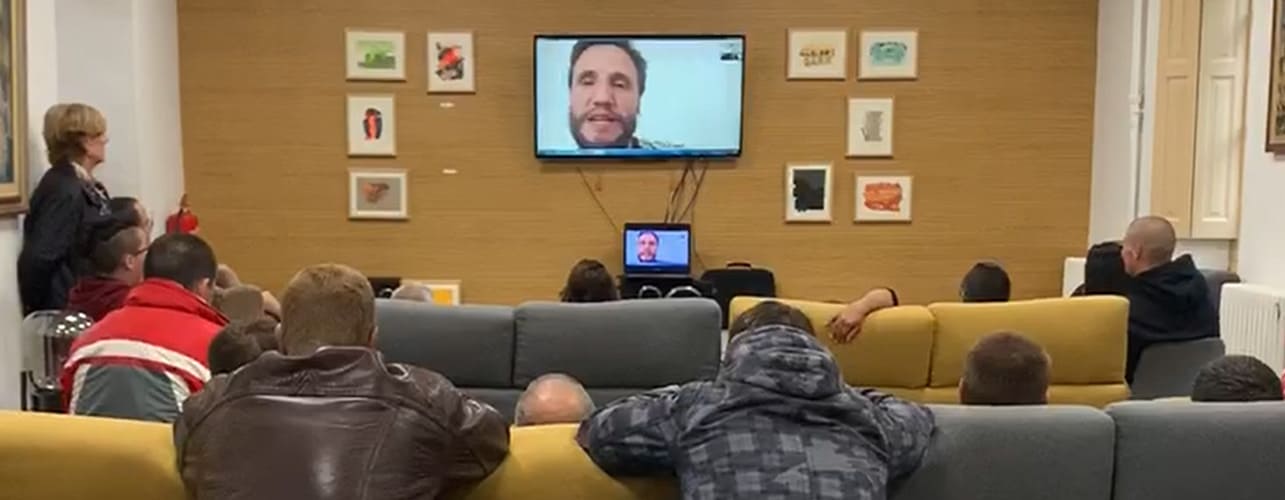The in-patients at the Gizakia centre in Gordexola benefit from the Foundation's collaboration in their residential treatment of people with addictions. Likewise, the Day Center and the Deusto Insertion Support Center (CAI) also participate in this project.
RELATED SDG



Gizakia Foundation is a non-profit entity, declared of social interest, focused on people with serious vital difficulties, which encourages their social integration through a comprehensive and quality intervention. The Athletic Club Foundation collaborates with Gizakia in this comprehensive and quality intervention through sports training sessions that are very beneficial for the recovery process and social inclusion of users.
In the 1980s, at the height of the heroin boom, the bishops of the three provinces decided to promote the implementation of a rehabilitation programme for drug addicts based on the Progetto Uomo methodology, which had been used in Rome with excellent results. As a result, in 1985, the work of the Gizakia Foundation began. This therapeutic community pursues the common goal of helping these people who have difficulties related to addictions to overcome them through effort, teamwork and professional support.
Today Gizakia offers more than 16 different work processes in different areas, which can be combined, depending on different needs, to provide a comprehensive response.

The weekly training sessions run by the Foundation’s coaches promote participation in sports activities in a climate of mutual help, an experience that incorporates habits and values that help in therapy at the centre. The work carried out is divided into two groups: football and multi-sports.
It is not only about the general benefits attributed to sports practice (combating metabolic syndrome, acquiring healthy habits and improving physical fitness), but group sport helps to combat loneliness and establish affective relationships and very positive moments of companionship for recovery.



Fundación Athletic Club Fundazioa
Mazarredo 23, 48009 Bilbao
Tlf: +34 94 661 20 04
info@fundacionathleticclub.eus